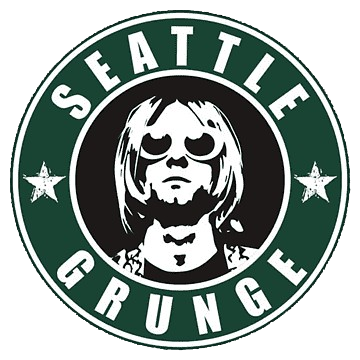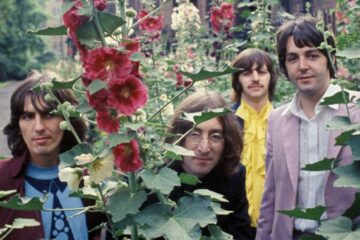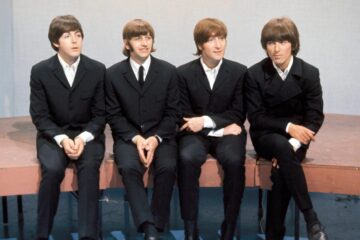Mirroring his great sonic voyages, Paul McCartney has lived an extraordinary life. From playing a pivotal role in the rise of The Beatles to being jailed in Japan for marijuana possession, his adventures are legendary in music lore, often retold with a charming insouciance. One of the most remarkable moments in his life—yet strangely overlooked by fans—is the time he met eminent philosopher Bertrand Russell, one of the 20th century’s most influential logicians. This encounter reflects McCartney’s curious mind and willingness to engage with profound thinkers beyond the world of music.
At face value, you might question what the fresh-faced rocker would want to do with the elderly Russell, who was into his 90s, and why the famous pacifist, anti-imperialist thinker and Nobel Prize for Literature winner would spend his time talking to this cheeky young fellow from Liverpool. The pair were from different worlds. Despite Russell being one of the most important liberal thinkers of his time, he was from the aristocracy, with his grandfather, Lord John Russell, the British Prime Minister twice in the Victorian era—he even met Napoleon on Elba. On the other hand, McCartney was a working-class Scouser and a key driving force of the emergent new world that was so concertedly trying to break off from Russell’s era.
Yet, more united McCartney and Russell than many might expect, as their worldviews were strikingly aligned. In what is both an astounding convergence of influential figures and a surprisingly overlooked story, McCartney credits Russell with opening The Beatles up to politics, particularly their anti-war stance. This encounter had a profound impact, shaping the band’s trajectory and, in turn, the cultural landscape. Without this formative meeting, the second half of The Beatles’ story, along with John Lennon’s solo work—most notably the creation of ‘Imagine’—might not have unfolded as it did. This pivotal moment laid the groundwork for their most politically resonant material.
It occurred, of all days, on McCartney’s 24th birthday, June 18th, 1966. This came during the period when The Beatles were breaking off from their recent sonic past and starting to enact giant artistic leaps. In less than two months, their artistic innovation of Revolver would hit the shelves, and they would begin to really change the direction of culture forever. This was the start of them becoming the world’s most significant band.
As expected of the brazen McCartney, his meeting with Russell was not an official event but emerged due to a mixture of luck and the musician’s fancying his chances. He was informed by a friend that Russell lived close to him in Chelsea, who suggested that he should go and meet him. McCartney thought that sounded like a splendid idea, so he took a taxi to his house and knocked on the door.
Russell’s American attendant opened the door, and the young Liverpudlian informed him that he would like to meet the eminent philosopher. Luckily for McCartney, Russell was “fabulous”, and it turned out to be a life-altering discussion.
He told Prospect in 2009: “I waited a little and then met the great man and he was fabulous. He told me about the Vietnam war—most of us didn’t know about it, it wasn’t yet in the papers—and also that it was a very bad war. I remember going back to the studio either that evening or the next day and telling the guys, particularly John [Lennon], about this meeting and saying what a bad war this was. We started to investigate and American pals who were visiting London would be talking about being drafted.”
When The Beatles travelled to America, their publicist instructed them not to talk publicly about the Vietnam War, which was not something to tell four defiant young men. Of course, they discussed the situation extensively throughout their jaunt, called it out for what it was, and firmly supported the peace movement.
In 2021’s The Lyrics: 1956 to the Present, McCartney recalled the meeting again and placed further consequence on Russell informing him and The Beatles’ anti-war stance. He explained: “The whole anti-war thing has been quite a big thing since the sixties. In my case, it started when I met Bertrand Russell, who was already in his nineties, in London.”
At the time, and demonstrating just how committed to his cause he was – regardless of his age – Russell was focusing his energy on the Bertrand Russell Peace Foundation, which he’d set up only the year before to campaign against the era-defining Vietnam War, which started in 1955.
This topic was pivotal for McCartney and the rest of his band. He recalled: “He was the first person to tell me about what had been going on in Vietnam, and he explained that it was an imperialist war supported by vested interests. None of us really knew about this at that point. You have to realise, this was still quite early in the war, before the protests really started.”
When McCartney returned to the studio and opened Lennon and the rest of the band’s eyes, the dimension of the band started to evolve quickly. He concluded: “I think that was the start of our being more aware of what wars people were involved in, and politics started to become a more regular topic of discussion in the band and amongst our friends and the people we were hanging out with.”




